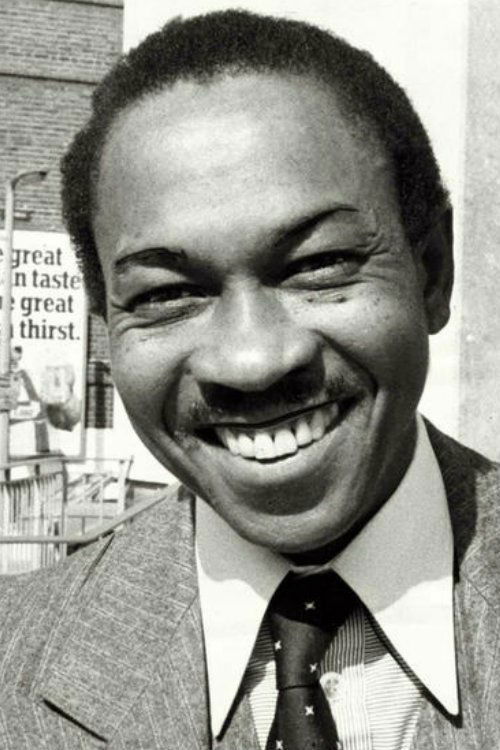
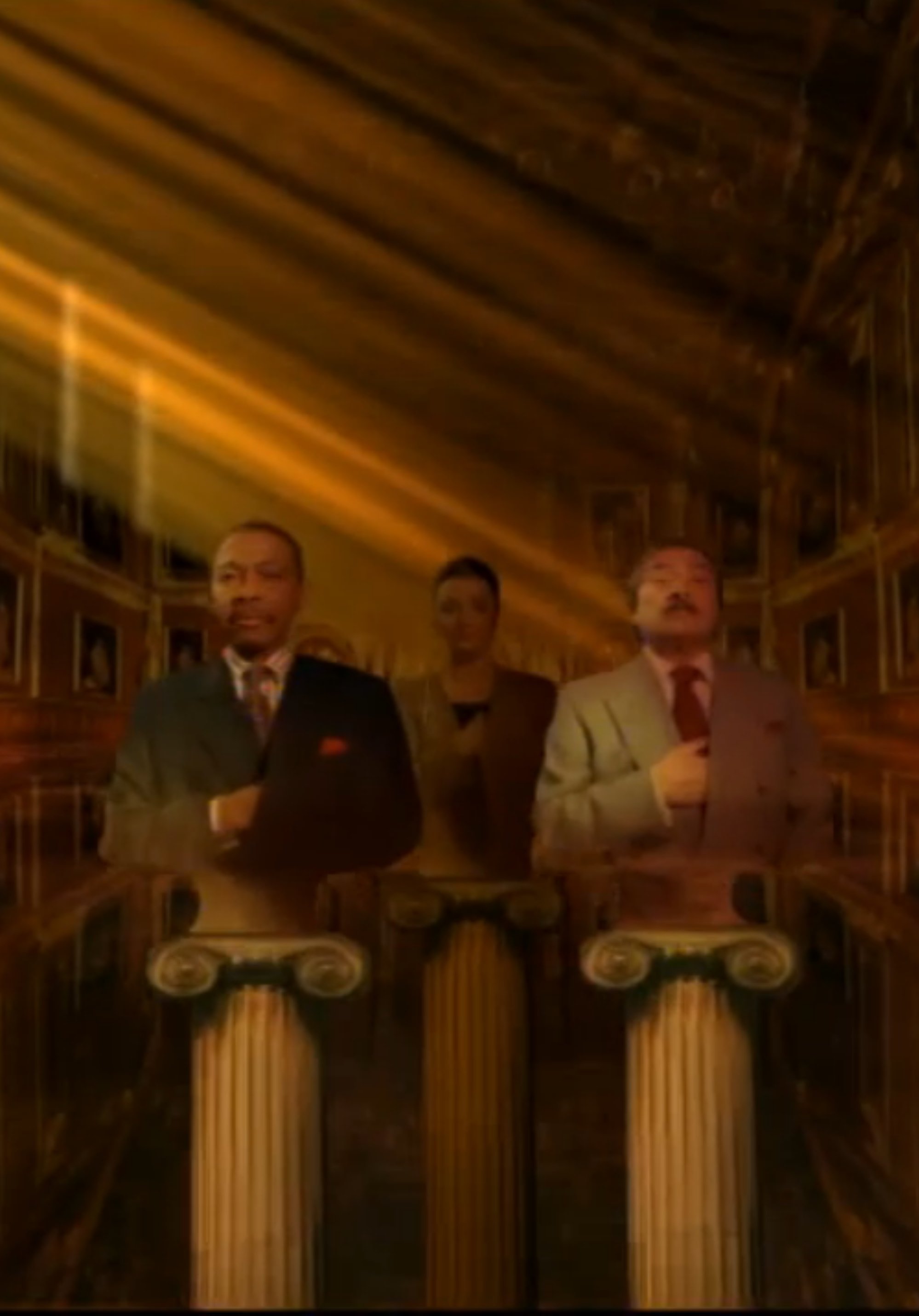
Labour councillor Judith Silver invites N.K. Edwards and Vijay Shah to stand for election to the local council. Who will win the seat? And will Tory councillor Edward Feathers have the last laugh?
A two part documentary that details the contribution of black and Asian people to television history from the birth of television in 1936 to 1992. Interviewees include: Pearl Connor, Thomas Baptiste, Lenny Henry, Norman Beaton, Horace Ové, Carmen Munroe, and Stuart Hall.
A young man looks back over his unhappy marriage and struggles to come to terms with his wife's suicide.
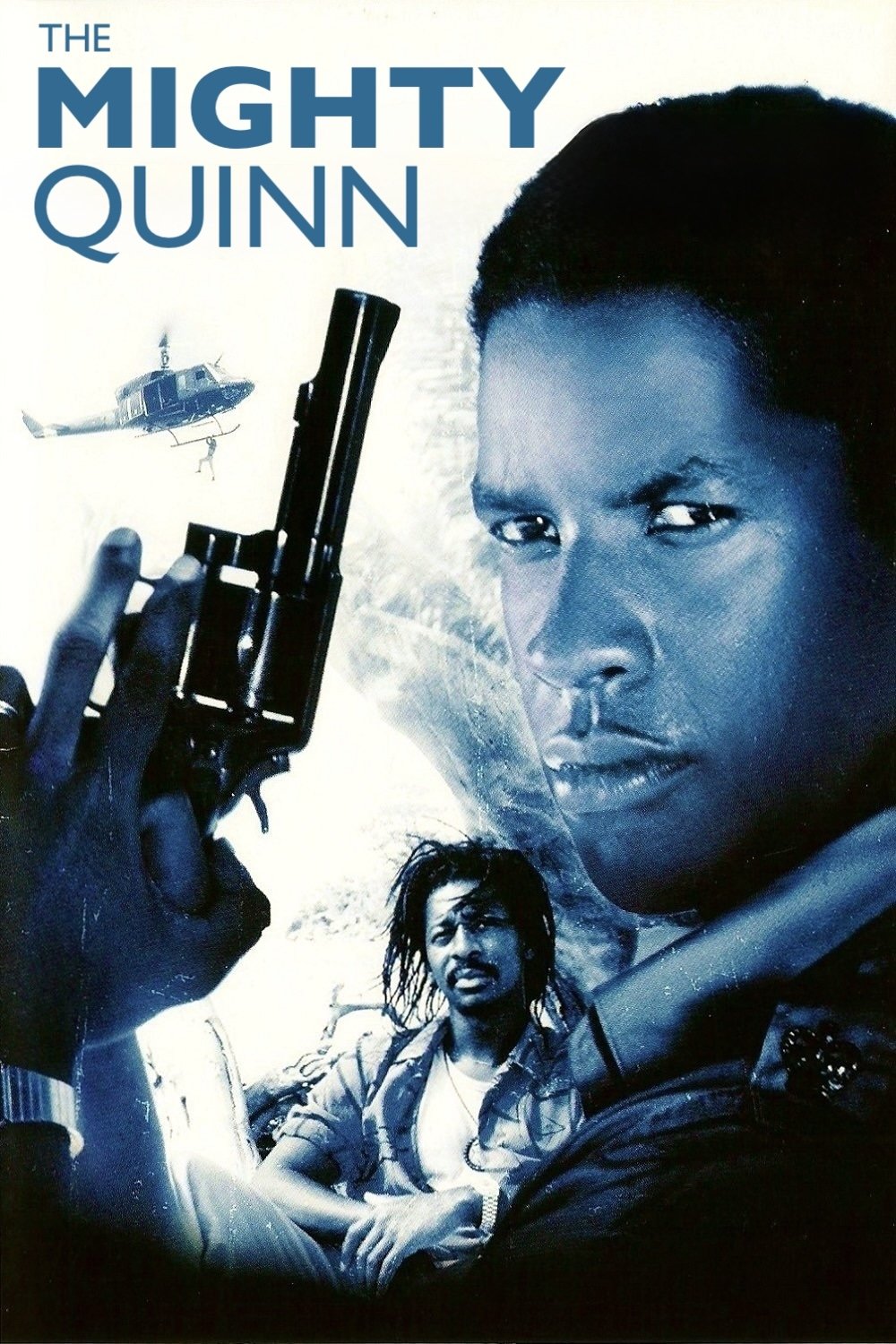
Police chief Xavier Quinn investigates the gruesome murder of Donald Pater, one of the wealthiest residents on a Caribbean island. He was found decapitated in his Jacuzzi. Although the local political establishment, especially crooked Governor Chalk, insists that small-time thief Maubee is responsible, Xavier has his doubts. This view is complicated by the police chief's personal history with Maubee: The men have been friends since childhood.
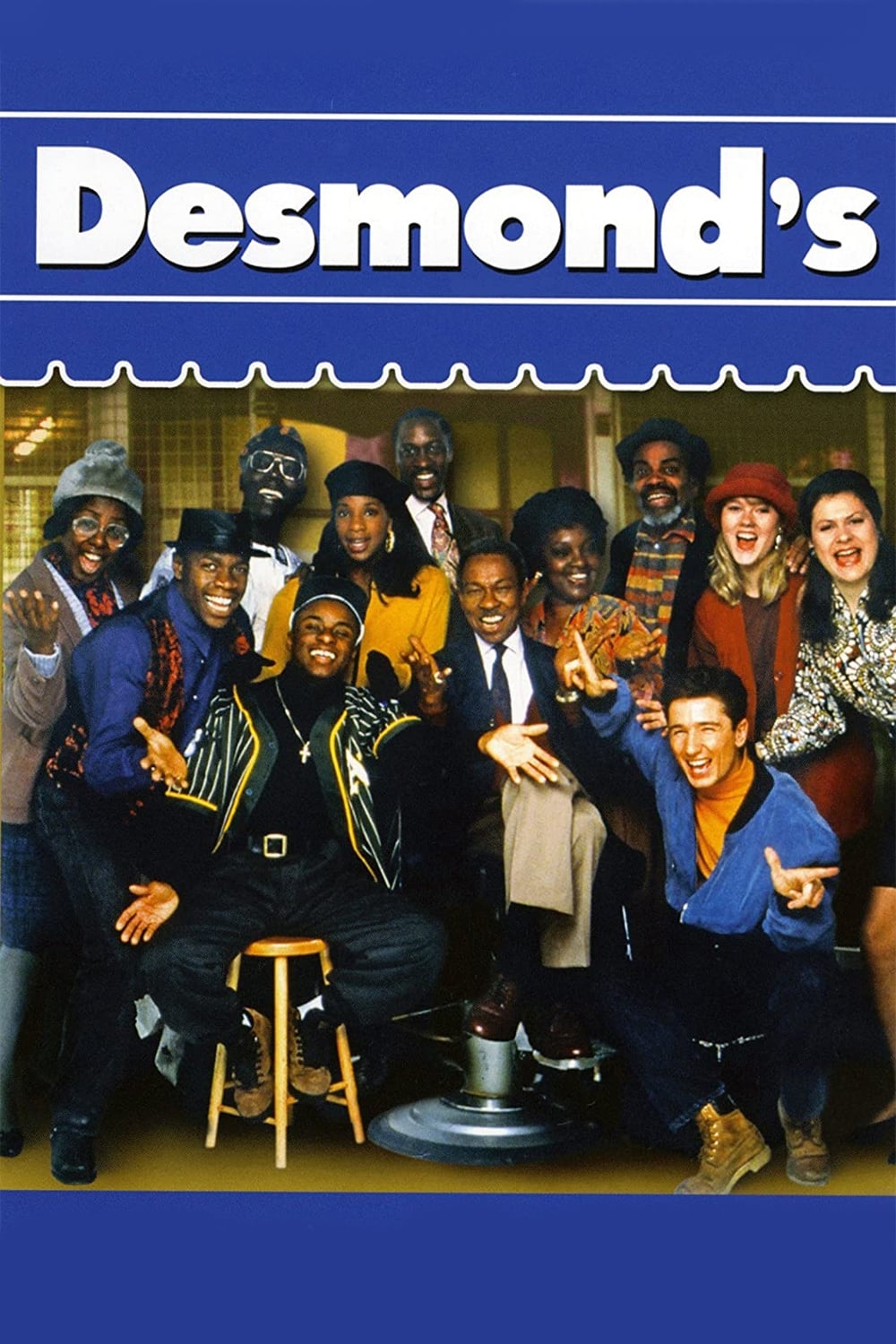
Desmond's was a British television situation comedy broadcast by Channel 4 from 1989 to 1994. With 71 episodes, Desmond's became Channel 4's longest-running sitcom. The first series was shot in 1988, with the first episode broadcast in January 1989. The show was made in and set in Peckham, London, England and featured a predominantly Black British Guyanese cast. Conceived and co-written by Trix Worrell, and produced by Charlie Hanson and Humphrey Barclay, this series starred Norman Beaton as barber Desmond Ambrose. Desmond's shop was a gathering place for an assortment of local characters.
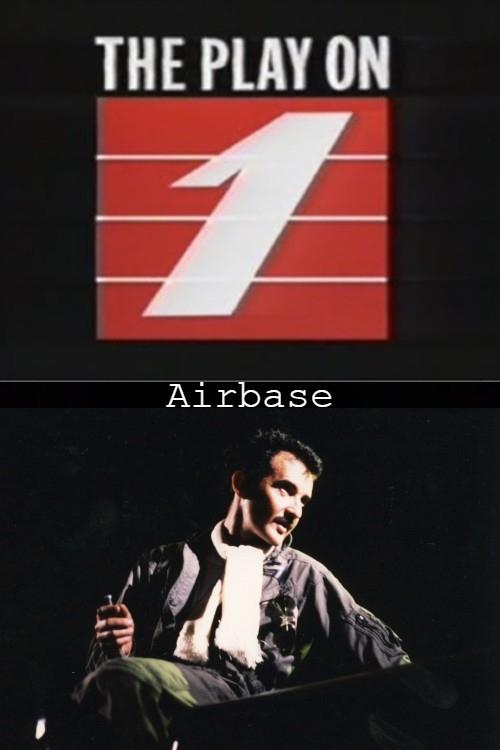
Hidden beneath an airbase the elite F-111 pilots live in a secret fantasy world as they wait, primed for the ultimate war game of World War Three. The arrival of the delicious Lieutenant Madeline Kohler detonates a chain reaction of deep rooted antagonism that explodes with cataclysmic consequences.
Returning to England from Trinidad and Tobago for one night only, a former trickster finds that old friends and communities have moved on.
Guyanese painter Aubrey Williams (1926-1990) returns to his homeland on a “journey to the source of his inspiration” in this vivid Arts Council documentary, filmed towards the end of his life. The title comes from the indigenous Arawak word ‘timehri’ - the mark of the hand of man - which Williams equates to art itself. Timehri was also then the name of the international airport at Georgetown, Guyana's capital, where Williams stops off to restore an earlier mural. The film offers a rare insight into life beyond Georgetown, what Williams calls “the real Guyana.” Before moving to England in 1952 he had been sent to work on a sugar plantation in the jungle; this is his first chance to revisit the region and the Warao Indians - formative influences on his work - in four decades. Challenging the ill-treatment of indigenous Guyanese, Williams explored the potential of art to change attitudes. By venturing beyond his British studio, this film puts his work into vibrant context.
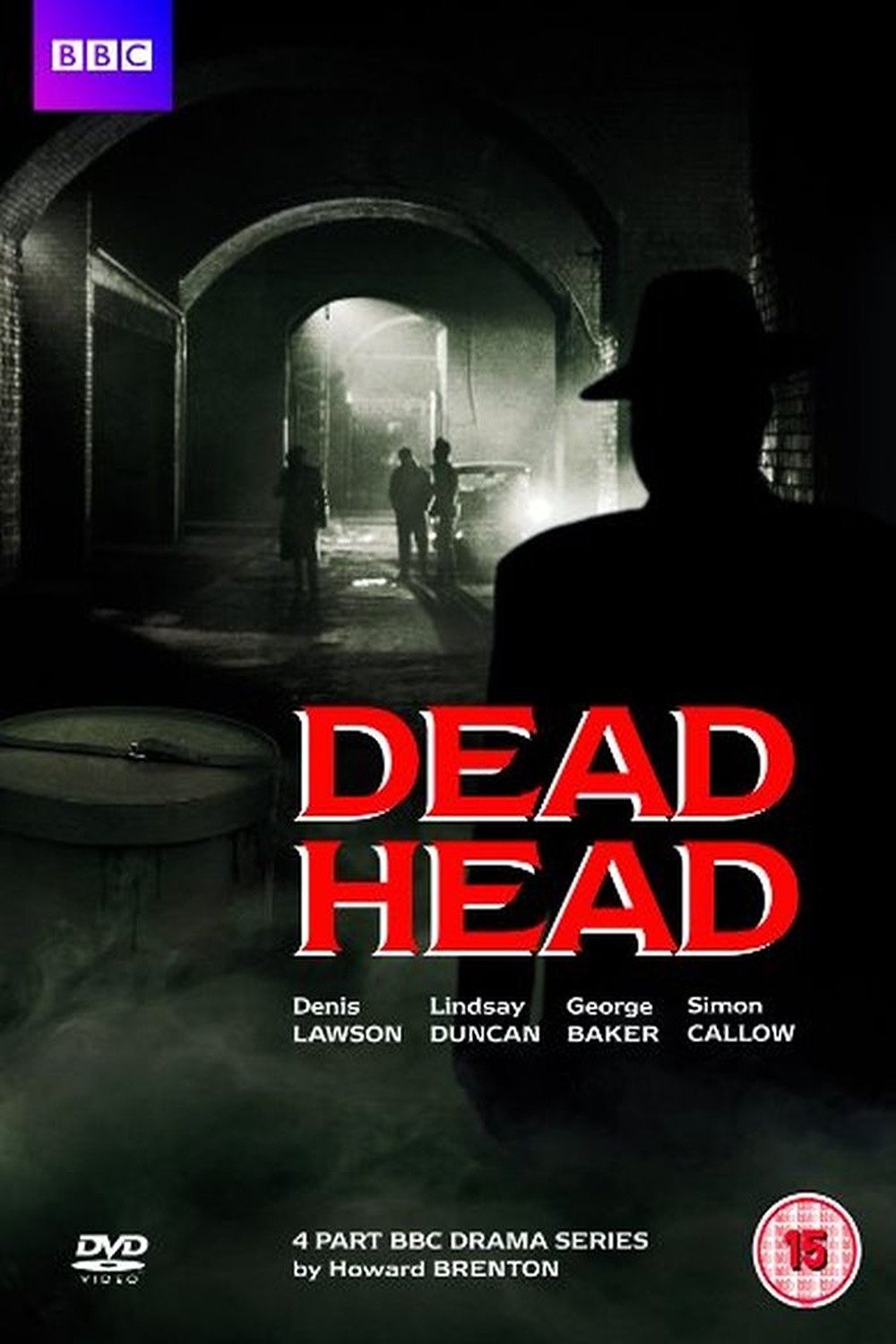
London based petty crook, Eddie Cass agrees to pick up a package and courier it across the capital. When nobody answers the door at the drop off address Eddie opens the package and finds a woman’s severed head in a hatbox. He panics and dumps it in the River Thames. Returning home Cass is kidnapped by the mysterious Eldridge and his heavies who inform Eddie that he has been framed for the murder.
Norman Beaton was a popular and much loved Guyanese born British actor. He arrived in the UK in 1960 and worked as a calypso singer and musician and a teacher - being the first black teacher employed by the education authority in Liverpool. His heart set on a career in showbusiness, he moved to Bristol and became a presenter on the regional news magazine Points West, before a two week prison sentence curtailed his presenting career. He subsequently found work in London's West End, appearing in The Tempest as Ariel, a role he subsequently cited as the most important in his career. He helped set up the Black Theatre in Brixton in the mid 70s and broke into television with the first black British sitcom, The Fosters in 1976, playing Lenny Henry's father. A star turn in the movie Black Joy followed a year later, as did the principal role in the fledgling black soap Empire Road for the BBC. But it is perhaps his performance as Desmond Ambrose, the crotchety Peckham barber in Channel 4's hit sitcom Desmond's that Beaton will forever be remembered for. The series ran from 1988 until his ill health curtailed the show in 1994. He retired to Georgetown, the place of his birth, but collapsed and died of a heart attack at the airport on arrival, on 13th December 1994. He was 60 years old.
By browsing this website, you accept our cookies policy.